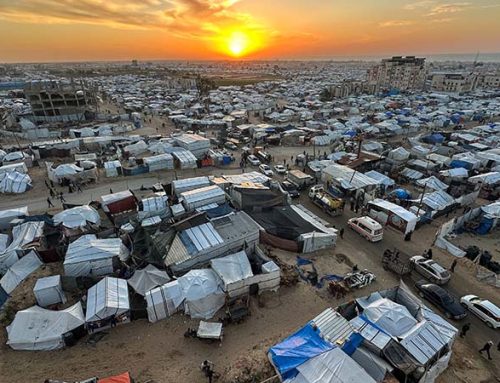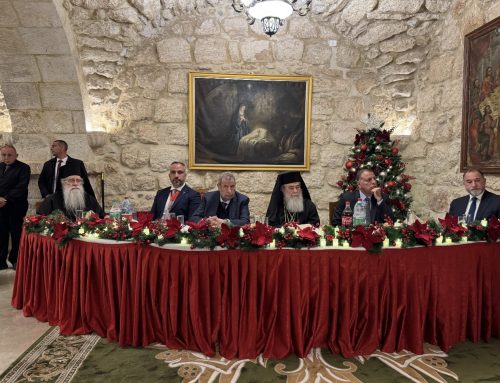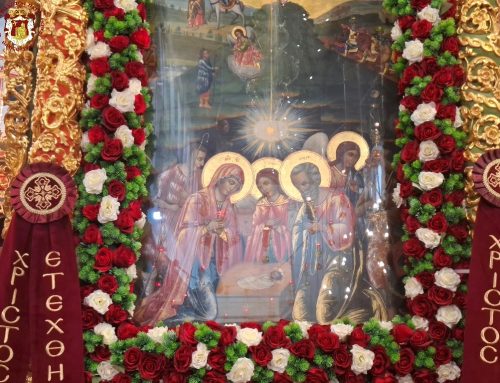A newly-released report by UNICEF, the UN children’s fund, tracks the impact of the country’s ongoing financial crisis on its children.
Among the results of the study, which surveyed 2,090 families with at least one child, were that nearly a third of Lebanese children do not have enough to eat.
Struggle to afford the essentials
According to the report, almost 9 in 10 Lebanese households (86 percent) cannot afford essential items, up from 76 percent a year ago.
Nearly a third (30 percent) of families say that at least one of their children goes to bed hungry, and half of women and girls (51 percent) say that they do not have adequate access to female hygiene products. Three quarters (75 per cent) say they have reduced spending on their children’s healthcare, while fifteen percent have stopped their children’s education entirely.
Moreover, more than 1 in 10 families report sending their children out to work as a way to make extra money. This figure rises to more than a quarter (28 percent) among Syrian refugees, up from 21 percent last year.
A mental health crisis
66 percent of caregivers, meanwhile, say that their children are anxious, nervous, or worried, and almost half (47 percent) report that their children are very sad or depressed every week.
62 percent say that their children’s well-being has declined over the past year.
Relationships within families are also suffering. More than half of caregivers (53 per cent) say that the current crisis has made them less patient with their children, and more likely to treat them harshly.
Recommendations
Noting that the current situation is having “dramatic, irreversible long-term impacts on children’s lives”, the UNICEF report calls for “swift, determined action” from the Lebanese government.
Stressing that 700,000 children are currently out of school, the report says that “education should be a priority area for government action.”
While welcoming the Lebanese government’s recent introduction of a National Social Protection Strategy, the report calls for a National Child Grant, and for the government to make a “strong commitment” to funding social assistance programmes domestically given rising tax revenues.
Lebanon: A beacon of fraternity
The Holy See has repeatedly emphasised the importance of Lebanon, which is the country in the Middle East with the largest percentage of Christians, and often regarded as a model of harmonious co-existence between different faiths.
Both Pope John Paul II and Pope Benedict XVI visited the country, and, although Pope Francis was prevented by health problems from making a planned trip in 2021, he has received the Lebanese President in Rome, and organised a high-profile ecumenical prayer meeting for the country.
In 1989 Pope John Paul II famously declared that Lebanon is “more than a country: It is a message of freedom and an example of pluralism for the East as well as for the West.” Pope Francis has echoed this sentiment, expressing his hope that the crisis will not lead Lebanon to “lose its identity, nor the experience of fraternal coexistence that has made it a message for the whole world.”






